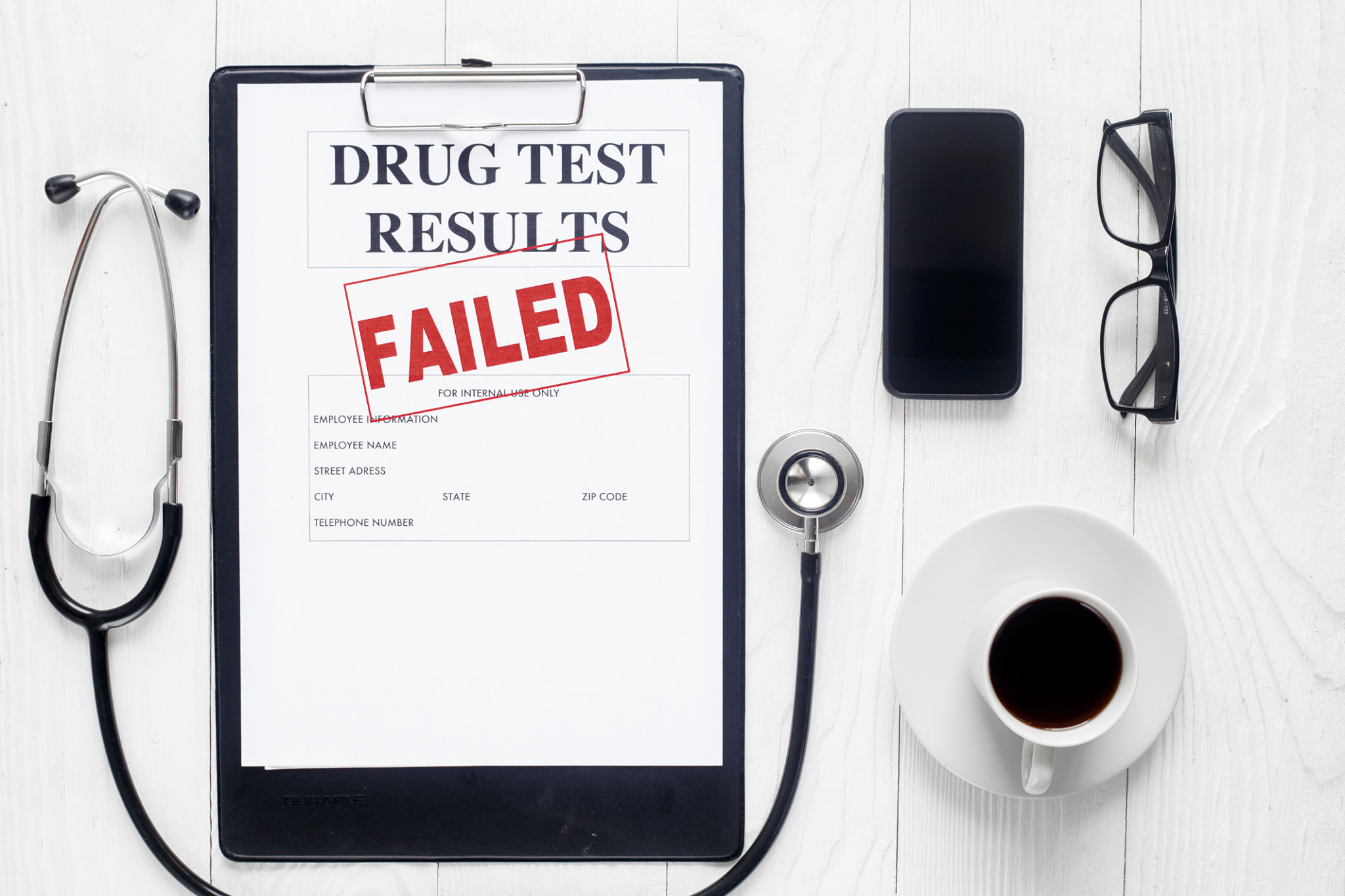Innovations in Drug Testing: What’s New?
AD
Revolutionizing Drug Testing: An Overview
Drug testing has seen significant advancements in recent years, driven by the need for more accurate, efficient, and ethical testing methods. As technology evolves, so does our ability to detect substances with greater precision and speed. These innovations are not just beneficial for laboratories but also for various sectors such as healthcare, sports, and workplaces where drug testing is essential.

Advanced Analytical Techniques
The introduction of advanced analytical techniques such as mass spectrometry and gas chromatography has revolutionized drug testing. These methods are highly sensitive and capable of detecting even the minutest trace of drugs in biological samples. For instance, mass spectrometry can identify and measure the mass-to-charge ratio of ions, providing a detailed analysis of complex mixtures.
These techniques offer significant advantages over traditional methods like immunoassays, which, though effective, may sometimes yield false positives or negatives. By incorporating advanced analytical tools, labs can ensure higher accuracy in their test results.
Point-of-Care Testing Enhancements
Point-of-care (POC) testing is another area witnessing remarkable innovation. Portable drug testing kits are now available, allowing for on-the-spot testing with immediate results. These kits are particularly useful in emergency situations or remote locations where access to laboratory facilities is limited.

Furthermore, improvements in POC testing devices have made them more user-friendly and reliable. They offer a quick and convenient way to conduct drug tests without compromising on accuracy, thus broadening their application in various fields.
The Role of Artificial Intelligence
Artificial intelligence (AI) is playing a crucial role in enhancing drug testing processes. AI algorithms can analyze large datasets efficiently, identifying patterns and anomalies that might be missed by human analysts. This capability is particularly useful in forensic toxicology, where rapid and accurate analysis can be critical.
Moreover, AI can assist in developing predictive models that anticipate drug interactions and potential risks, helping healthcare providers make informed decisions.

Ethical Considerations in Drug Testing
As drug testing technology advances, ethical considerations become increasingly important. The development of non-invasive testing methods, such as saliva or hair tests, addresses privacy concerns associated with more intrusive testing techniques like urine or blood samples.
These non-invasive methods not only respect individual privacy but also reduce the risk of sample tampering or contamination, thereby enhancing the integrity of the testing process.
The Future of Drug Testing
The future of drug testing is promising, with continuous research and development aimed at creating even more sophisticated and reliable methods. Emerging technologies such as biosensors and microfluidics hold potential for further miniaturization and automation of drug testing processes.
As these innovations progress, they will likely lead to faster turnaround times, reduced costs, and improved accessibility to high-quality drug testing services globally.